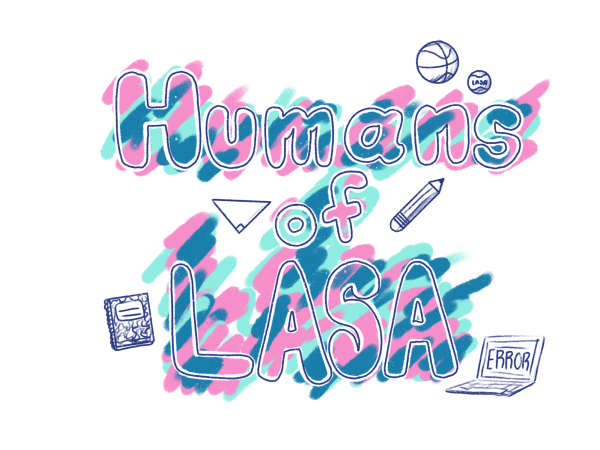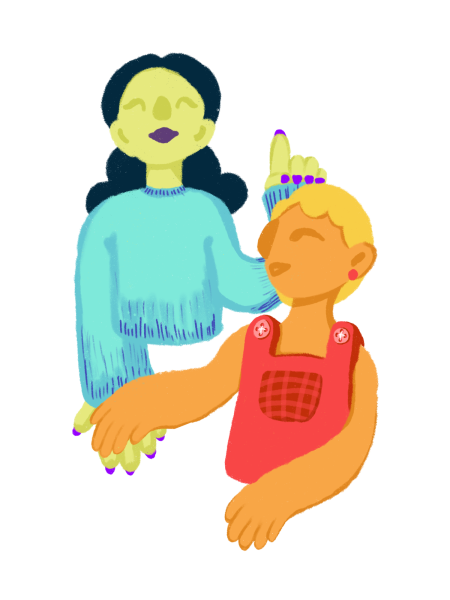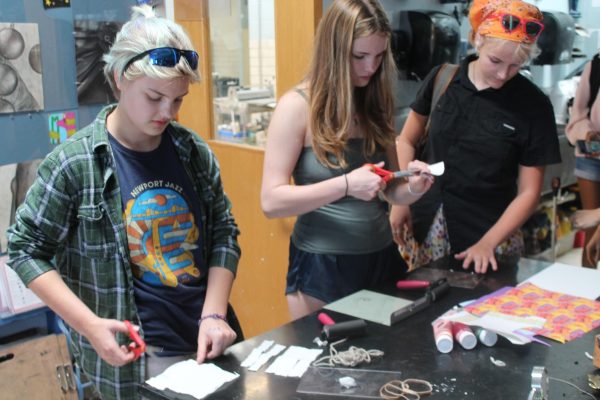Valentine’s Day: Consumerist Hoax or Romantic Holiday?
February 14, 2020
Once February rolls around, teenagers can barely move without running into a chocolate display or a red plastic heart. Schools sell candy grams during lunch and blanket the halls with paper decorations and posters. In the midst of all this, some may wonder if Valentine’s Day is as meaningful as it used to be.
Valentine’s Day was created in honor of Saint Valentine, who would marry lovers in secret, and the holiday has been celebrated for more than a thousand years. However, LASA science teacher Tyler Gampp feels that Valentine’s Day has lost part of its charm.
“I’m not a materialistic person, so I don’t like that holidays have become about how much you have,” Gampp said. “I think most Valentine’s Day stuff is junk more than it is meaningful.”
Gampp thinks this might be because of the way companies capitalize on the holiday. They put pressure on consumers to buy gifts, and stores line their shelves with candy and teddy bears.
“People feel like they have to buy something because it’s made to seem that everybody else is doing it,” Gampp said. “So I feel like I have to meet these requirements on Valentine’s Day, which I don’t think is necessary. It should be whatever you and your partner have decided, not something you might have seen in a store or advertised somewhere.”
However, LASA sophomore Carly McKinney feels that the way the holiday is marketed is the reason it has been so successful. The gifts and cards may not be necessary, but they make Valentine’s Day what it is.
“If it’s going to be a holiday, then you may as well have it over-the-top,” McKinney said. “I feel like it should be aggrandized.”
Instead of buying gifts, LASA math teacher Ryan Bailey visits an elderly home on Valentine’s Day and spends time with the residents. He doesn’t think the holiday is focused on shopping the way it used to be.
“Years ago, it would have been called pretty consumerist,” Bailey said, “but I think that has gone down in the more recent years.”
Gampp said there are a lot of pressures associated with Valentine’s Day, which makes it less enjoyable. People are expected to have a significant other to spend the day with.
“It makes people feel excluded, especially because nobody wants to go to something where there’s only a deal if there’s two of you,” Gampp said. “A lot of times, that makes people feel unappreciated, and I don’t think that’s fair. It should be about not just showing appreciation or care for other people but also caring for yourself.”
McKinney also feels that Valentine’s Day excludes single people. There isn’t much for them to do if they aren’t in a relationship.
“People end up feeling lonely with a bunch of chocolate,” McKinney said. “If you’re with someone, it is nice to have an excuse to be more affectionate on that day, but if you’re alone, there’s just no point.”
However, Bailey said he doesn’t find Valentine’s Day overly romantic. Nowadays, it’s more about celebrating loved ones than romance.
“I think people just celebrate it differently now,” Bailey said. “People are dating and getting married older, so they often spend Valentine’s Day with their friends rather than going out on a date.”
Gampp said that regardless of what Valentine’s Day means to an individual, it serves an important purpose. It reminds them to appreciate the people in their life.
“It’s important that people work on their relationships and partnerships,” Gampp said. “No matter what day it is, you should be there for your partner and seek to improve your relationship.”






